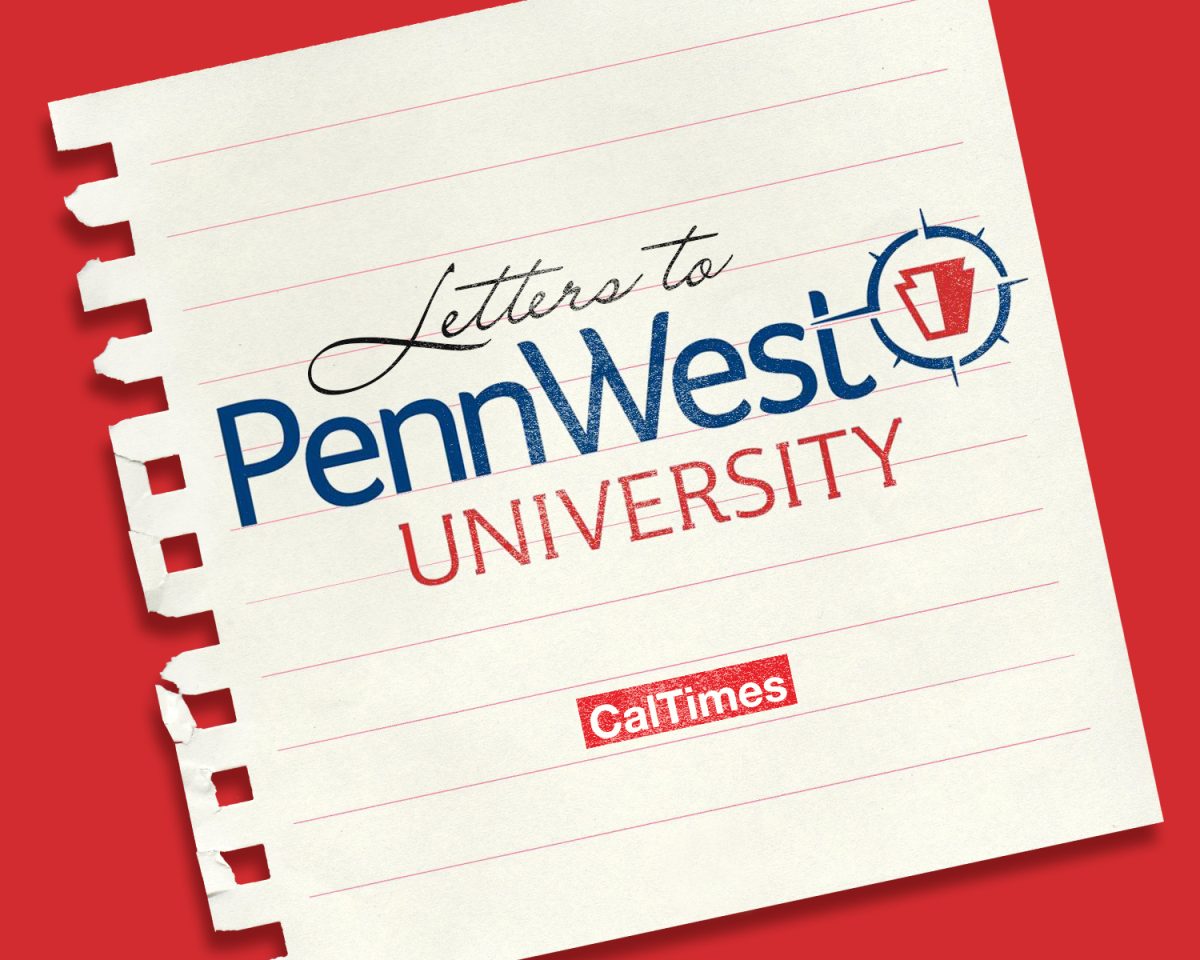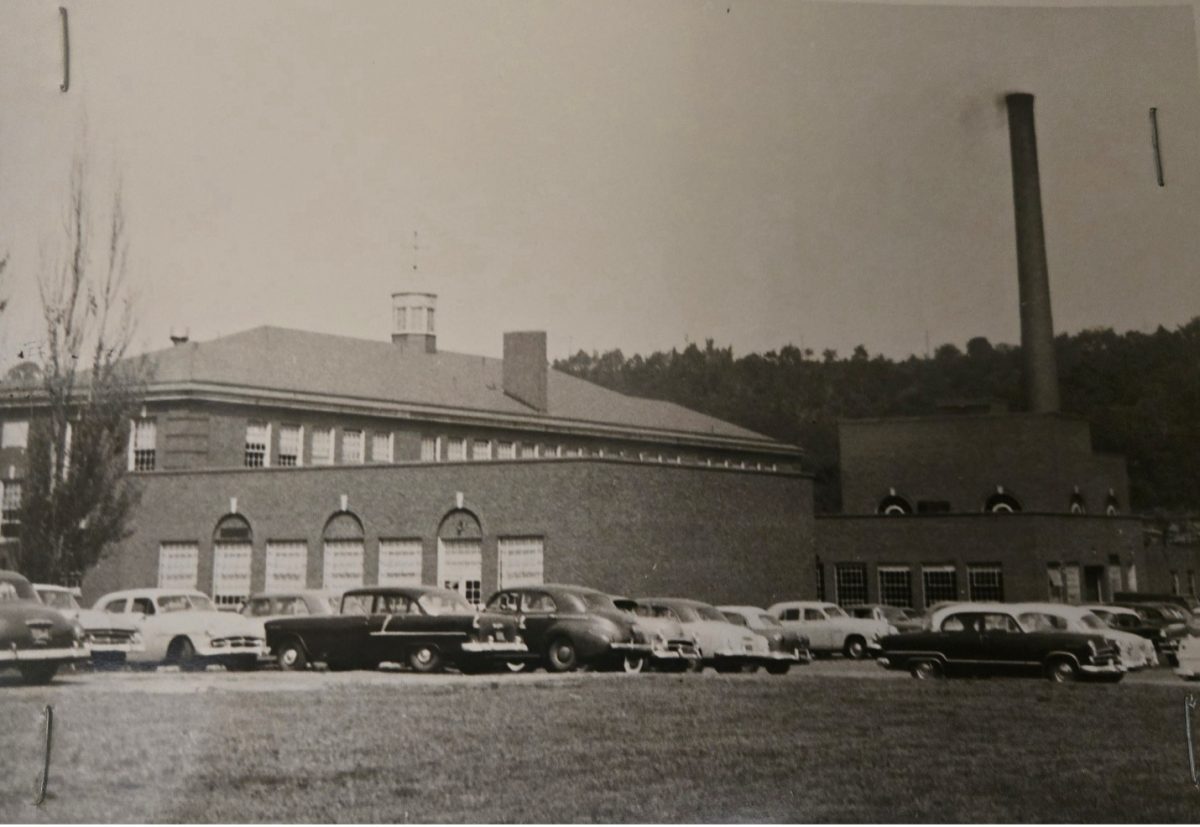The Centers for Disease Control and Prevention (CDC) estimates more than 1 in 4 adults in the U.S. have some type of disability, whether that disability be physical, sensory, learning, or otherwise. According to the Office for Students with Disabilities (OSD), it has registered 2,703 students with disabilities on the California campus alone. Clarion and Edinboro’s numbers aren’t included in this count. With 10,834 students enrolled across three campuses in the fall of 2024, the percentage of students with disabilities likely exceeds the national average.
The OSD’s webpage should offer varying resources that are accessible to current and potential students who need support for their disabilities. Unfortunately, there is a baffling lack of information on the website. Instead of resources for studying, policies and procedures, the webpage, filled only with text, briefly states that students enrolled with the OSD are responsible for completing their academic requirements, with the university providing reasonable accommodations. No details are provided on what these accommodations are.
The site informs students they must provide documentation to the OSD, with three links to request accommodations at each campus and submit this documentation. Clicking the links leads to SurveyMonkey to submit medical documentation, which confuses me. I was unsure of the safety given by SurveyMonkey and opted to close the page instead of applying.
Significant helpful information such as services offered, a map for students with physical disabilities, links to additional appropriate resources, and a way to provide feedback to the website, isn’t available. There is a list of associated staff members for all three schools, with their names, job titles, location, and contact information. However, none of the staff have a photograph, which is highly important for students looking to communicate with that staff member in person. Being able to put a face to the name can reduce anxiety during potentially uncomfortable personal conversations.
Improving PennWest’s OSD webpage is imperative to increasing the accessibility of the OSD and helping students who need the resources the school can offer. When students like me who have a disability and need support are unable to get information on the PennWest website to explore accessibility options, we would look to other educational options.
The first task would be to create a map with routes for students with physical disabilities. Our campus is located on hilly terrain and navigating that terrain while using mobility aids can be difficult. Providing an online map of the easiest paths and ramp locations can make navigating campus easier for those students. This map should be accessible to all students by using high-contrast colors with a black and white background, easy-to-read text labels, numbering of each building, and a key to understanding the map.
The website also needs to provide information on the types of accommodation services available to support students academically and include photos of its staff.
There also needs to be reassurance about the current webpage’s security. Students could experience discomfort and distrust submitting highly private documentation through SurveyMonkey. SurveyMonkey states on its website that it offers an upgrade option to comply with The Health Insurance Portability and Accountability Act of 1996 (HIPAA). However, to obtain that upgrade, the business using SurveyMonkey needs to have a Business Association Agreement (BAA). It’s imperative that there be a reference to whether PennWest uses the version protected by HIPAA on its website. Additionally, if PennWest does not have this version, that needs to change and be upgraded. Transparency with students about the security of SurveyMonkey will alleviate anxieties.
Another feature to upgrade will be to enable feedback and suggestions to the website. Being able to give input creates a healthy relationship between the user and the college and allows students’ struggles with the website to be heard. Obtaining feedback would be highly valuable to PennWest as its OSD page could grow in accessibility.
Improving the current OSD website will enable students and future applicants to submit documents confidently, follow links to appropriate resources, better understand services provided, and have a map to guide their mobility across campuses. PennWest, on its DEI website, states its mission to “increase awareness of disability issues, to identify areas of concern and possible solutions and to serve as an advocate for the disability community so that all persons, regardless of disability, can participate in and benefit from the university programs, services, and activities.”
Upgrading the current OSD website will enable PennWest to further its mission to advocate for the disabled community and meet students’ accessibility needs. This will support current students who may be considering dropping out due to the lack of support and also encourage potential students to join the PennWest community.








